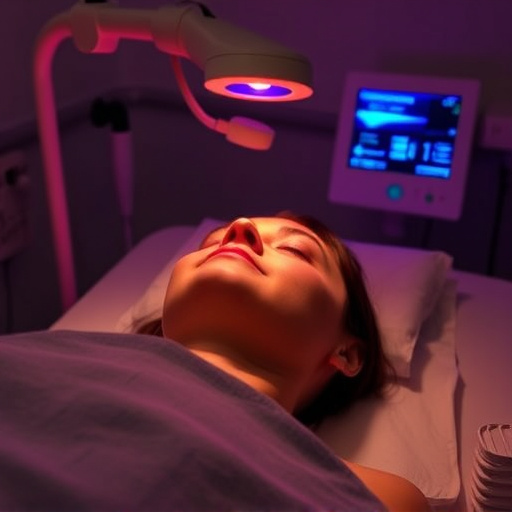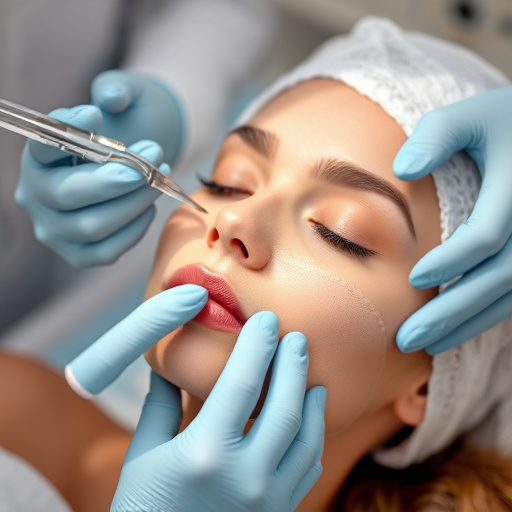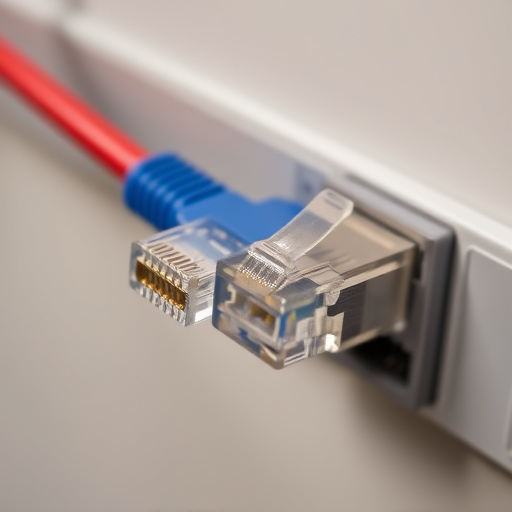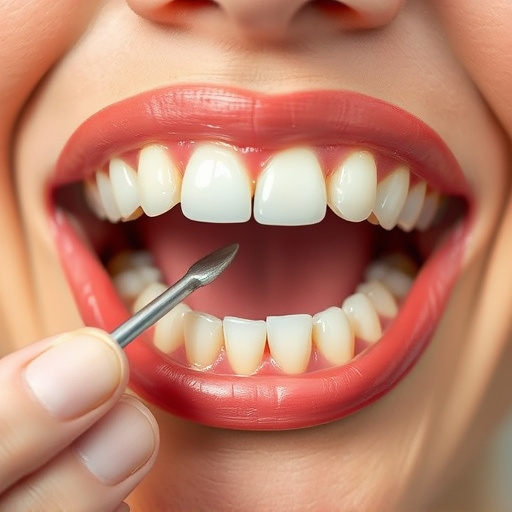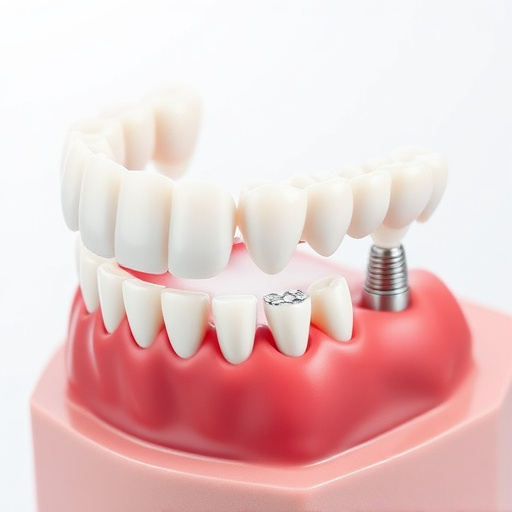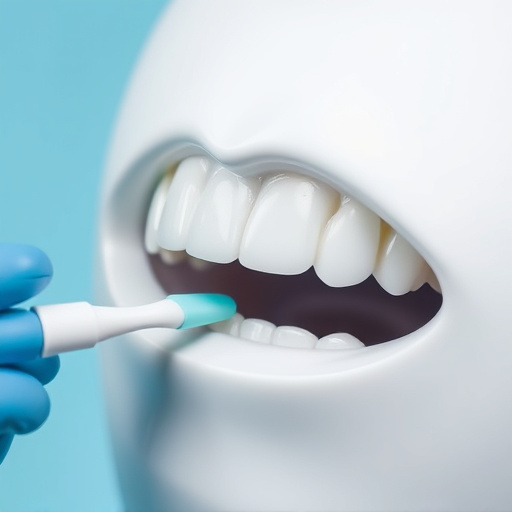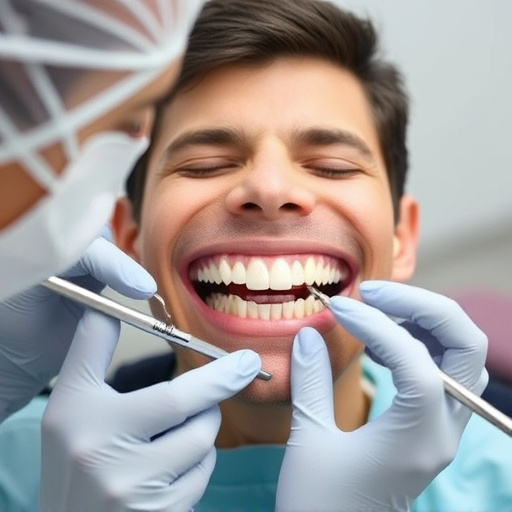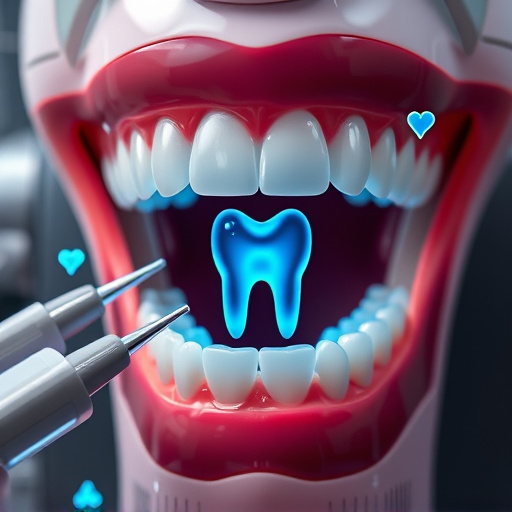Emergency dental care is a vital safety net for severe, time-sensitive oral health issues like abscesses, acute toothaches, and gum disease. While emergency treatment is crucial, proactive preventive dental care through routine exams, cleanings, and cosmetic fillings can significantly reduce the need for such interventions. Regular dental check-ups catch minor problems early, minimizing risk of complex emergencies and preserving overall health & aesthetics.
Emergency dental care is often a life-saving measure, especially when dealing with severe symptoms. This article delves into critical aspects of recognizing and managing urgent dental issues. We explore defining severe dental symptoms, common causes driving emergency care needs, and crucial signs to watch for. Additionally, we scrutinize the role of preventive dental care in reducing these risks, highlighting daily habits, regular check-ups, and their impact on patient outcomes. Learn how timely intervention through emergency services can make a significant difference.
- Understanding Emergency Dental Situations
- – Defining severe dental symptoms
- – Common causes of emergency dental care needs
Understanding Emergency Dental Situations
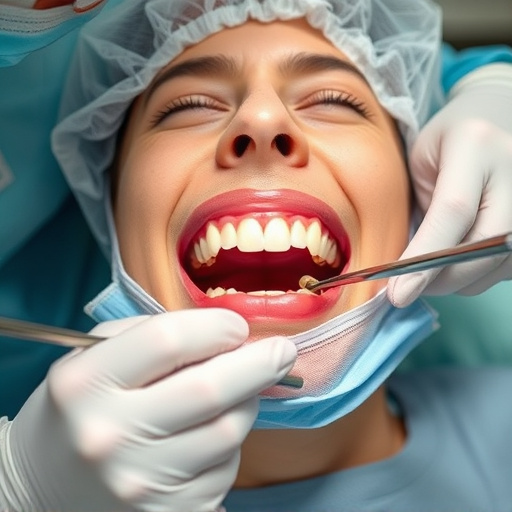
Emergency dental care is often a last resort for many people, but it can be life-saving when dealing with severe symptoms that cannot wait for regular office hours. Understanding what constitutes an emergency situation is crucial in ensuring prompt treatment. Many common issues fall under this category, from acute toothaches to oral injuries and infections. These conditions demand immediate attention as they may lead to more complex problems if left untreated.
Regular preventive dental care plays a significant role in averting such emergencies. Routine oral exams and cosmetic fillings can help catch minor issues early on, preventing them from escalating into severe symptoms that require intense tooth repair. By maintaining good oral hygiene and staying up-to-date with dental check-ups, individuals can significantly reduce the likelihood of facing emergency dental situations.
– Defining severe dental symptoms
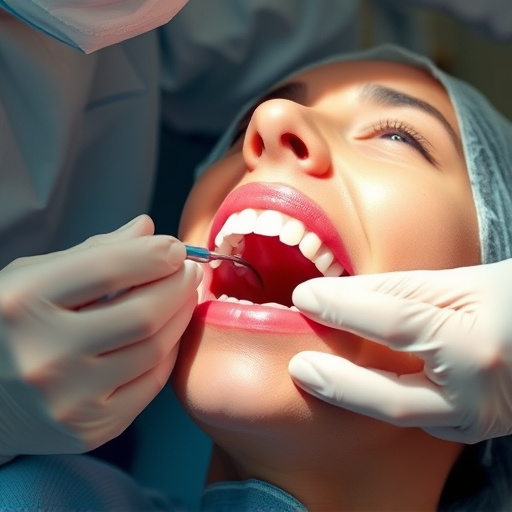
Severe dental symptoms refer to any intense or acute pain, infections, or conditions that significantly impact an individual’s oral health and overall well-being. These symptoms can range from severe toothaches caused by abscesses or impacted wisdom teeth to deep gum diseases and oral traumas. Recognizing these indicators is crucial as they may signify underlying issues that require urgent attention. Neglecting such symptoms could lead to more complex problems, affecting not only dental health but also potentially impacting overall physical health.
While preventive dental care is a cornerstone of maintaining optimal oral hygiene, severe symptoms demand prompt action. Comprehensive dental care offers advanced solutions, including procedures like dental fillings and implants, which can restore functionality and aesthetics. Timely intervention through emergency dental services ensures that patients receive the necessary treatments to alleviate pain, prevent further damage, and preserve their overall health.
– Common causes of emergency dental care needs
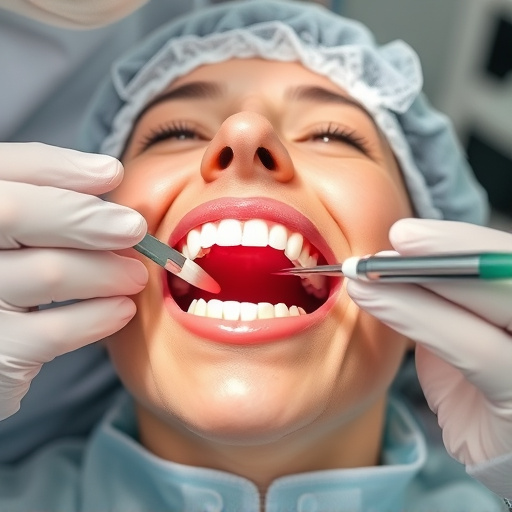
Emergency dental care is often a last-resort solution, but it can be life-saving for severe symptoms that require immediate attention. Common causes for such emergencies include tooth infections, where an abscess forms and causes intense pain, swelling, and potential systemic issues. Another frequent reason is acute toothaches resulting from cavities, cracks, or trauma, which can lead to nerve involvement and significant discomfort.
Beyond these, conditions like severe gum disease (periodontitis) or oral traumas, such as broken teeth or jaw fractures, necessitate prompt dental intervention. Regular preventive dental care, including routine teeth cleaning and check-ups, is crucial in mitigating these issues. Even procedures like wisdom tooth removal, when done proactively, can prevent future complications that might otherwise require emergency care.
Emergency dental care plays a crucial role in mitigating severe dental symptoms, often serving as a life-saving measure. By understanding common triggers and defining severe pain or conditions, individuals can recognize when prompt action is necessary. While preventive dental care remains vital for overall oral health, addressing emergency situations promptly ensures the best outcomes, reducing potential complications and preserving one’s well-being.



